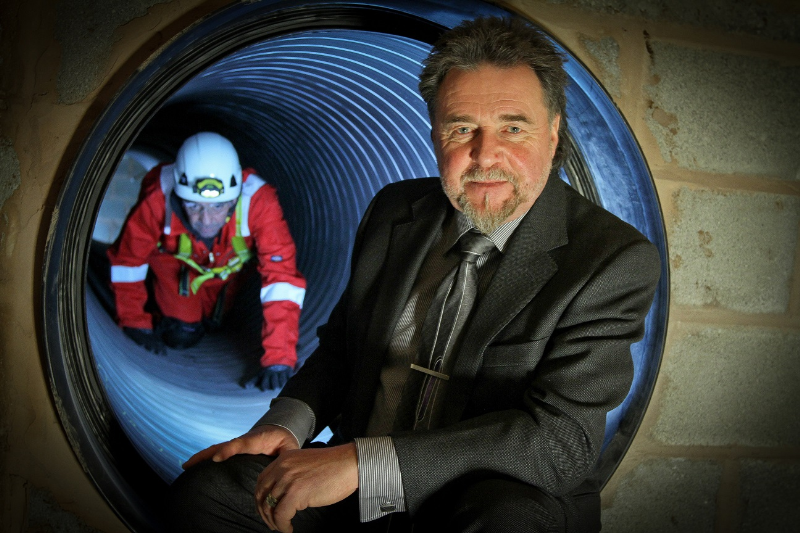 A training academy based at Staffordshire, refinery and petrochemical turnaround specialist DTEC, has been approved by the UK Government Engineering Construction Industry Training Board (ECITB).
A training academy based at Staffordshire, refinery and petrochemical turnaround specialist DTEC, has been approved by the UK Government Engineering Construction Industry Training Board (ECITB).
DTEC recently launched an in-house training company called the CoaST (Competency and Safety Training) Academy. The academy – one of the most advanced of its kind in the country – delivers a broad range of courses predominantly to support workers operating in the mechanical engineering sector. It has now been formally approved to deliver training by the ECITB, which is a national awarding body for training and developing the UK’s engineering construction workforce.
DTEC is part of the Engenda Group, a global provider of mechanical, electrical & instrumentation (ME&I) services. DTEC operations director Steve Colclough said the academy delivers training suitable for virtually every business, starting from basic first aid. However, it also delivers highly advanced and specialist training including working at heights, manual handling, lifting operations and confined spaces awareness.
“We are delighted to report that we have received approval by ECITB to deliver training in a number of areas (see notes to editors for full list),” said Mr Colclough. “This is a strong endorsement of the quality of our academy and training facilities. We are keen to communicate the breadth of training CoaST can deliver. The academy is essentially designed to help businesses address the ongoing challenge and increasing demand to ensure staff, and particularly trade personnel, are fully qualified with the relevant national accreditations. In short, all business’ require some form of staff safety training in areas such as basic first aid. In the construction industry workers can no longer enter a site without certified proof of competency for all the tasks they will undertake. The CoaST training facility is one of the most advanced in the UK and equipped with modern, bespoke facilities. We believe the facility offers an opportunity for both regional and national businesses.”
The Stafford training centre has a complex 30m multi-directional confined space training facility combining vertical and horizontal chambers. There are height masts along with a mock refinery distillation column plus flange integrity rigs and lifting equipment.
The column is of particular interest to refinery inspection personnel who can undergo confined space training in an actual column and undergo training in the procedures for safe passage through trays in a distillation column. CoaST is also able to provide confined space rescue training for restricted access confined spaces. These are the most challenging conditions where rescue teams are faced with confined spaces within confined spaces. Mr Colclough said fire and rescue personnel may be particularly interested in this aspect.
Mr Colclough added that a key training service the centre provides is the CCNSG (Client Contractor National Safety Group) Safety Passport – an essential requirement for many construction and engineering sector personnel. Engenda managing director Lee Foundation said the CoaST facility is enabling the broader Engenda Group to cut costs and drive greater efficiency.
“In the last fifteen years or so, there have been massive leaps in the attention to site safety and worker competence,” he said. “In meeting these requirements, the Engenda Group found it was spending larger sums on its operating budget in safety and competency training. The investment in DTEC’s CoaST facility has enabled the entire group to bring these costs in-house. In turn this has enables us to drive greater efficiency which can be reflected in the service we provide to clients. In the last six months 200 DTEC and other Engenda Group workers have undertaken training at the CoaST Academy ranging from Basic First Aid through to Restricted Access Rescue. Further extensions to the facility are now on the way and the list of deliverable competency courses is increasing by the month.”

